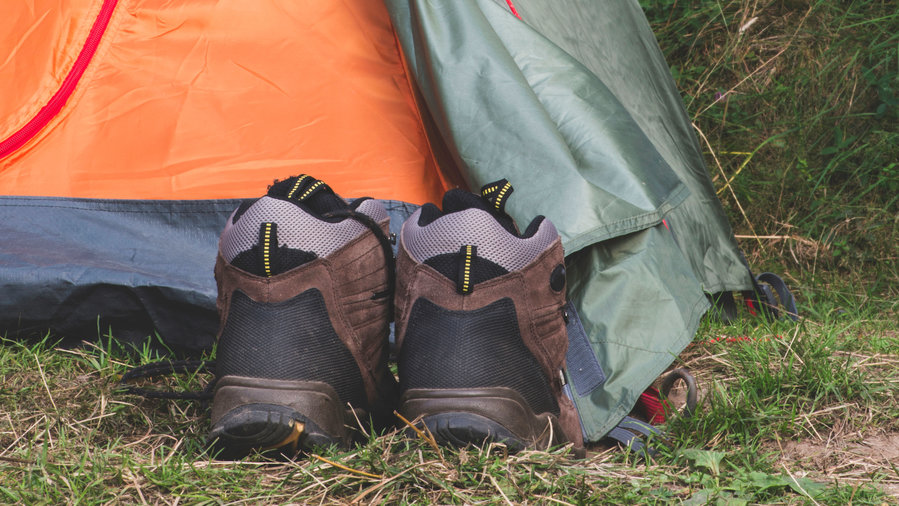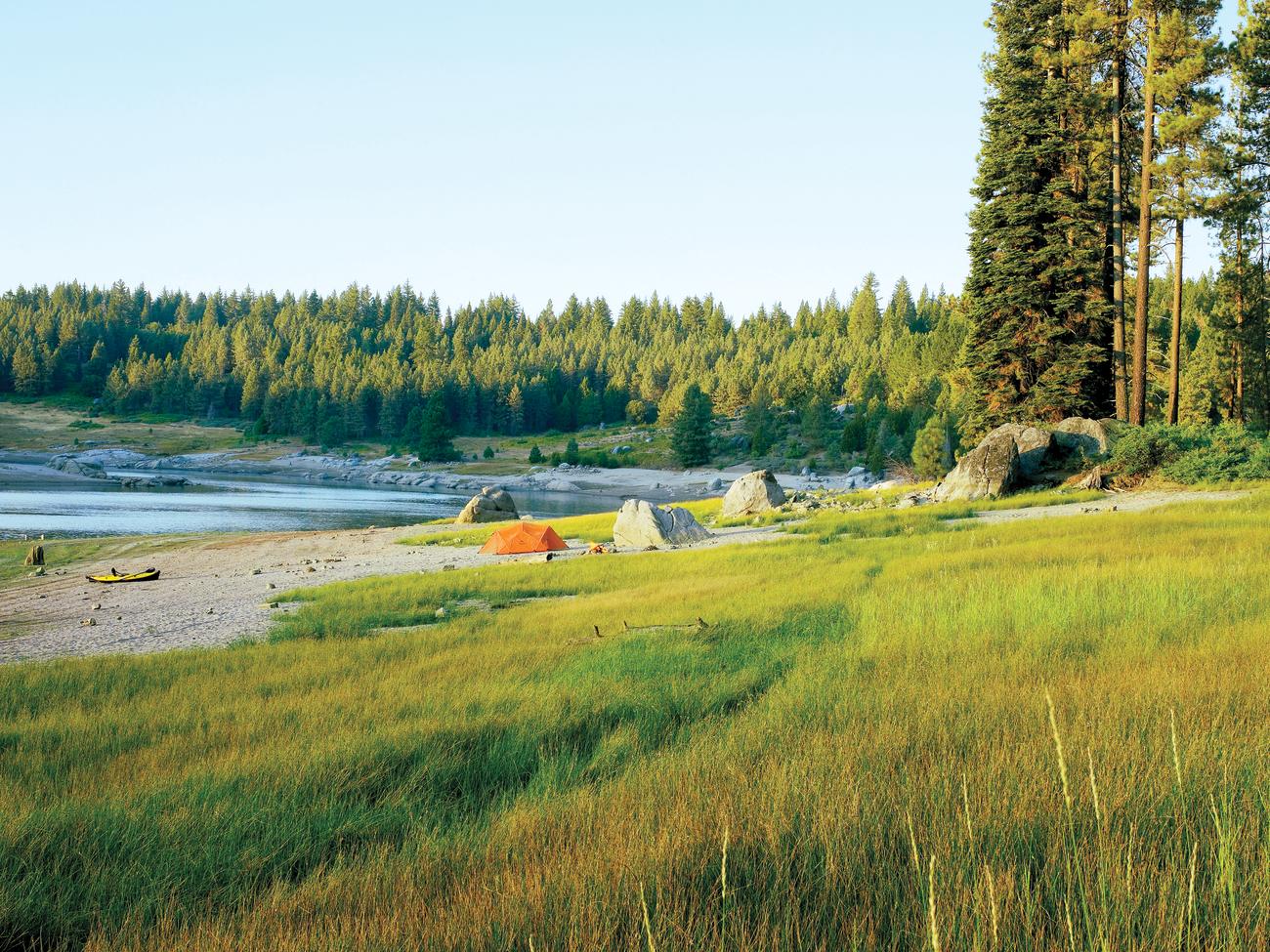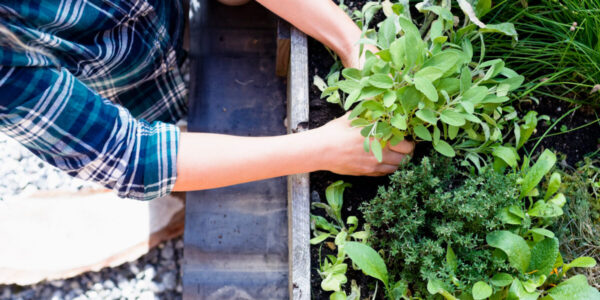
Go Ahead, Feed the Bears—and 9 More Ways to Have the Worst Camping Trip Ever
Avoid the most common camping mistakes and disasters using our foolproof advice.
Getty Images
Feed the Bears
Can we truly call ourselves citizens of the planet and keep all that delicious, delicious camping food to ourselves? Isn’t it our responsibility to share our spread with the critters who call the forest home? After all, we’re but visitors in their house; you wouldn’t go to a friend’s dinner party without a bringing a bottle of wine or dessert.
No, but really: Raccoons and rats will be the least of your problems if some local bears get wind of your cooler contents. Bears these days—not only are they super strong, but also they’re remarkably dextrous and savvy at opening most containers, and they’ll stop at nothing if they get a whiff of any foodstuffs. Thoroughly clean up all your mealtime detritus and crumbs, and secure all of your food, garbage, toothpaste, and anything remotely edible in a bear locker before you bed down. Every. Single. Night.
Get a Terrible Night’s Sleep
Sleeping on flat, smooth ground is so overrated. Tossing and turning atop errant tree roots and rocks is the new wellness trend to try; all the top camping influencers are doing it. And have you ever had the experience of lying down and discovering your feet aren’t level with your head? No?! It’s positively dreamy.
No, but really: Upon arrival, scout out your campsite and home in on the flattest possible patch of dirt, clear of any bumps, slopes, or natural debris. That’s where you should pitch your tent.
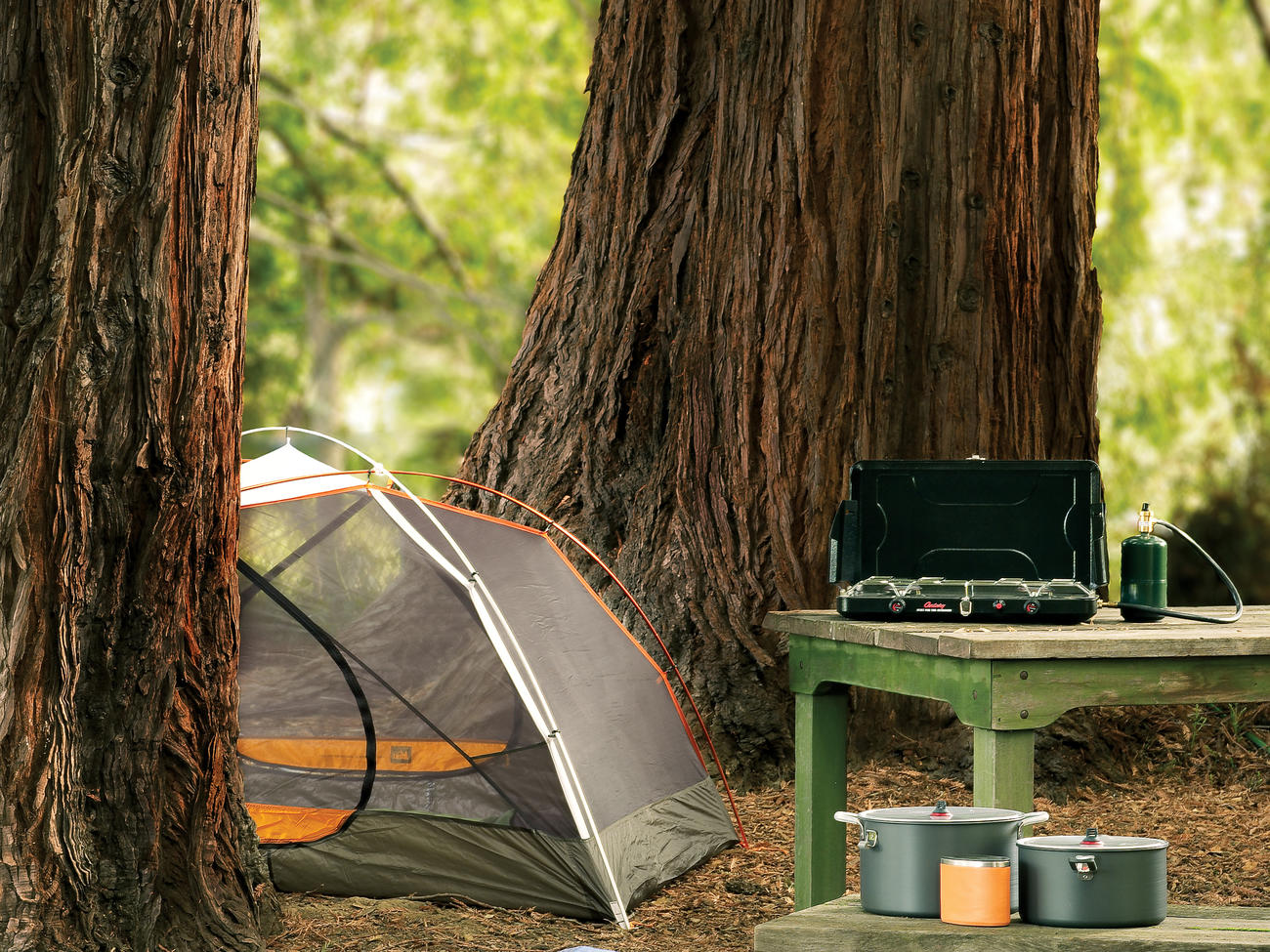
Bruise up Your Body
Sleeping on the hard, cold ground, with its unforgiving lack of surface integrity, is the true test of one’s fortitude. Why place any so-called “protective” layer between your body and the earth? Aches and pains are the hallmarks of a true wilderness warrior.
No, but really: Camping doesn’t have to be a toughing-it contest. Get some comfy cushioning to ensure a solid stretch of zzzzzz’s and a comfier bod. Splurge on a camping air mattress, or at least use a sleeping pad. If you’re tough enough to snooze without some padding, well, more power to you—but we’ll be right over here, floating on a cloud of golden slumbers inside our tent.
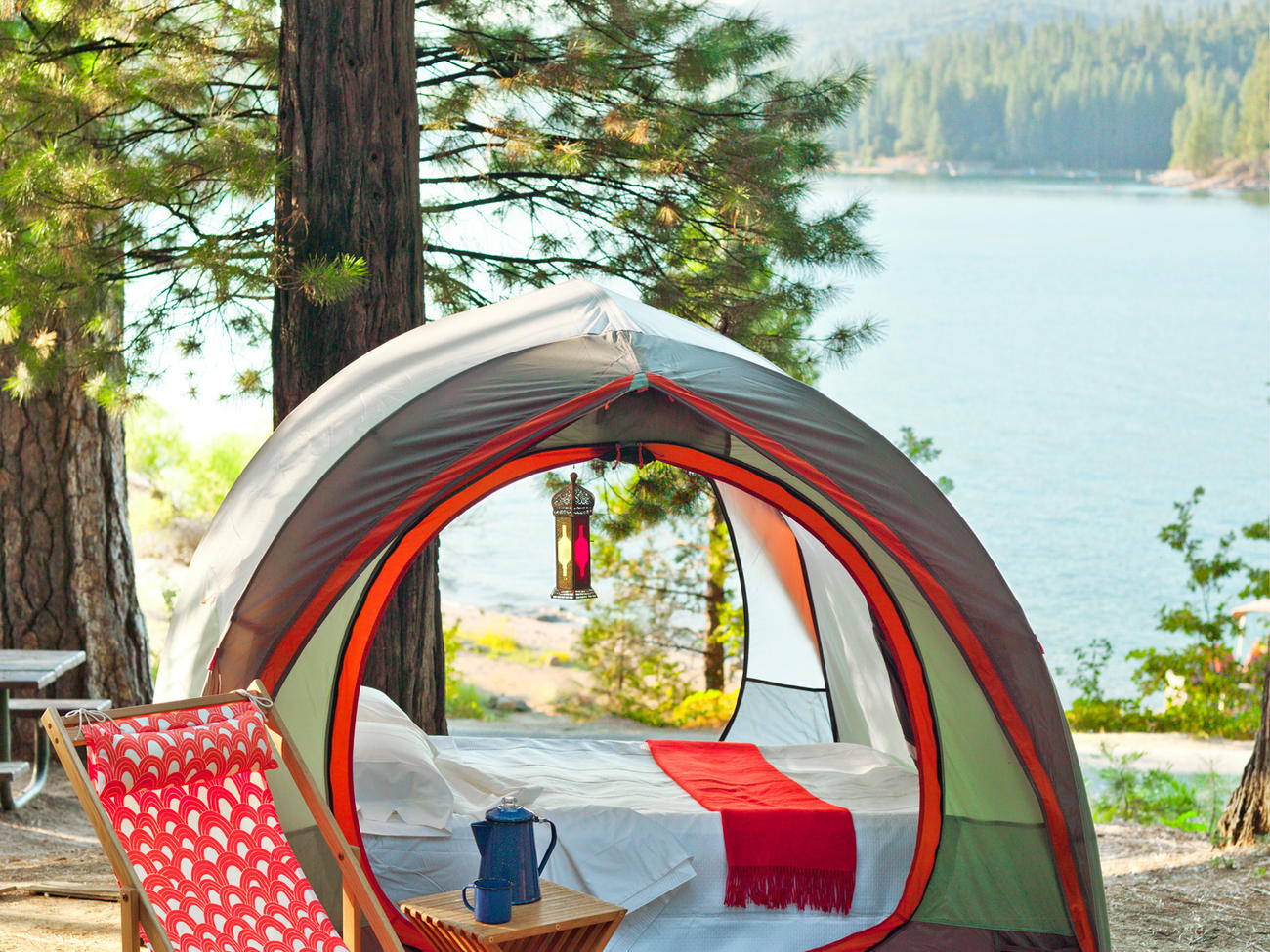
Serve up the Ultimate Bug Buffet
You’re not living your best life in the outdoors until you’ve been bitten by a bevy of mosquitoes. There’s nothing quite like spending a night at camp incessantly scratching bites that are blossoming all over your body.
No, but really: Pack insect repellent and be sure to spray it on, even atop your clothes, at the two peak buggy times of day: dawn and dusk. Also, if you’re camping near a body of standing water (which is essentially mosquito Coachella), spritz on that bug repellent throughout the day.
Stumble Around in the Dark
A vast night sky brimming with stars is all the light you’ll need past sundown. Need a little extra? That’s what a raging campfire is for. If you’re desperate, a flashlight is useful, especially when you have your hands full with multitasking.
No, but really: Pack a headlamp (or three). Turning yourself into a cyclops of illumination keeps your hands free for important tasks like cleaning up after dinner, making your sleeping setup extra cozy, doing some reading before falling asleep, or finding your way to the restroom (even if that’s just behind the big tree over yonder). Furthermore, a camping lantern is the best nighttime accessory for playing card games at the picnic table or chilling in your tent.
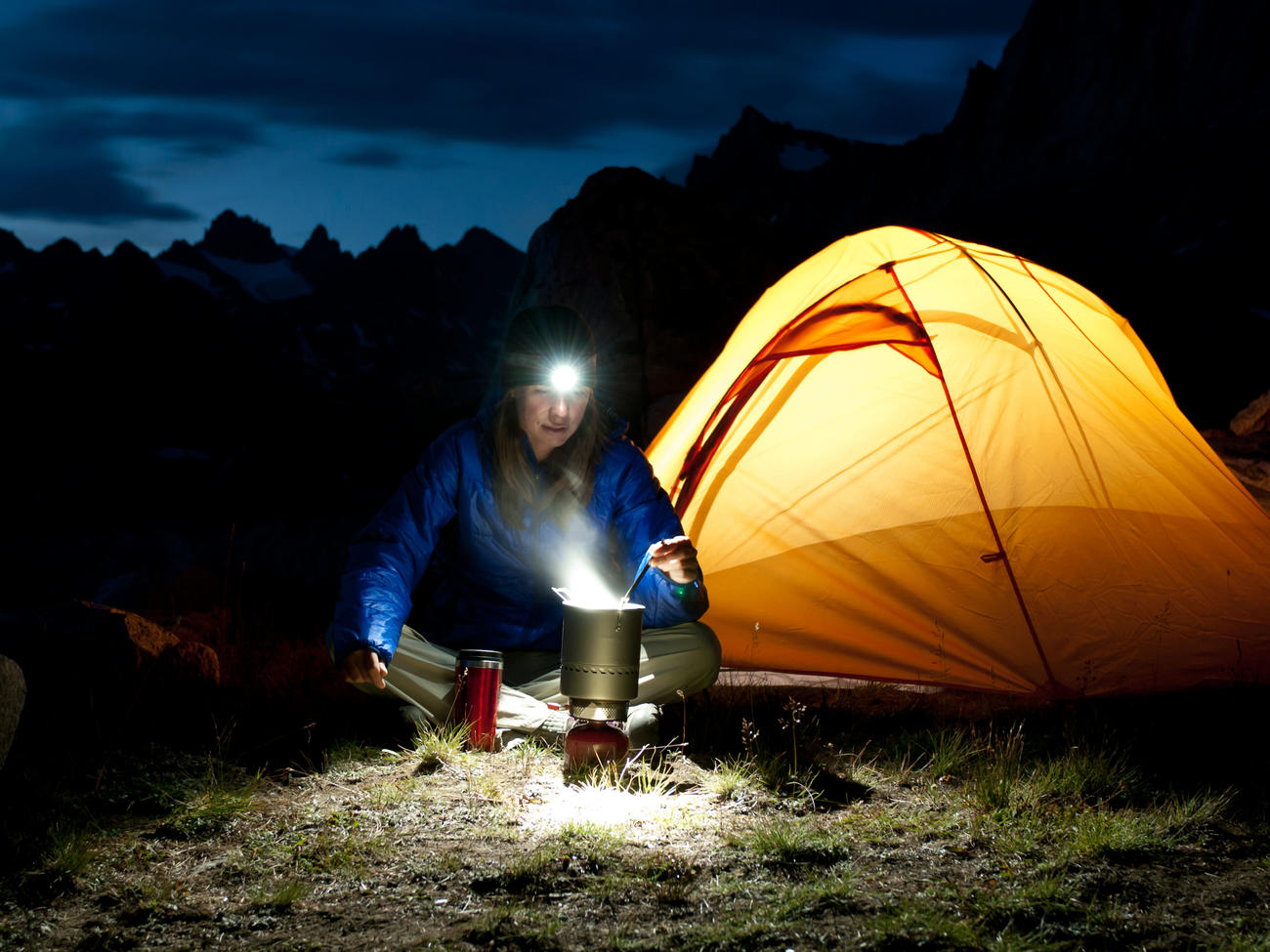
Fail at Fire
Something you don’t need to know before you go? How to build a campfire. You’ll be able to wing it with twigs and scraggly branches you find in the area surrounding your campsite, right? And you probably stashed some matches in your car’s glove compartment last year.No, but really: Purchase bundles of firewood before you arrive (or at the park headquarters or general store, if your campground has this amenity), pack old newspaper to be reused as kindling, and bring along matches or, better yet, a lighter, which will work even if damp. Also, have a proper campfire building technique in mind (we love the box method, although others swear by the teepee lay) to set yourself up for success.
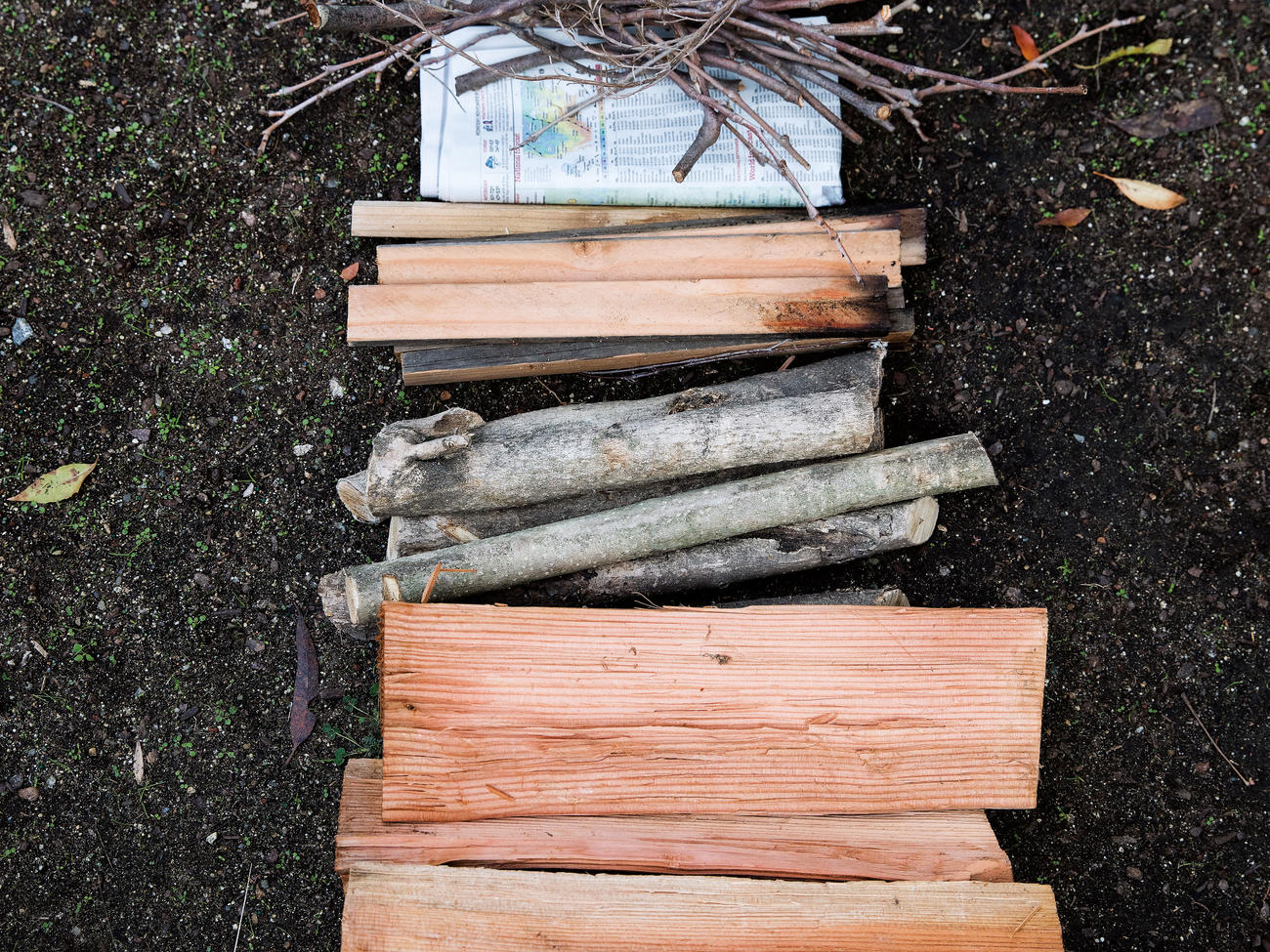
Let the Elements Mess with You. A Lot.
Who doesn’t want rain to put a literal damper on their time in the outdoors? Soggy sleeping bags and sopping-wet tent floors mean you’ll feel even colder at night, campfires won’t effectively roar, and those meals you worked extra hard to prepare will turn into puddles of mush. And then there are those delightful gusts of wind that just might carry your tent away! Fun times!No, but really: Even if the forecast calls for clear skies and calm weather overall, don’t omit a tarp to put underneath and a rain fly to drape over your tent, as well as stakes to anchor your tent into the ground. These just-in-case items can save you from a rain and/or wind disaster.
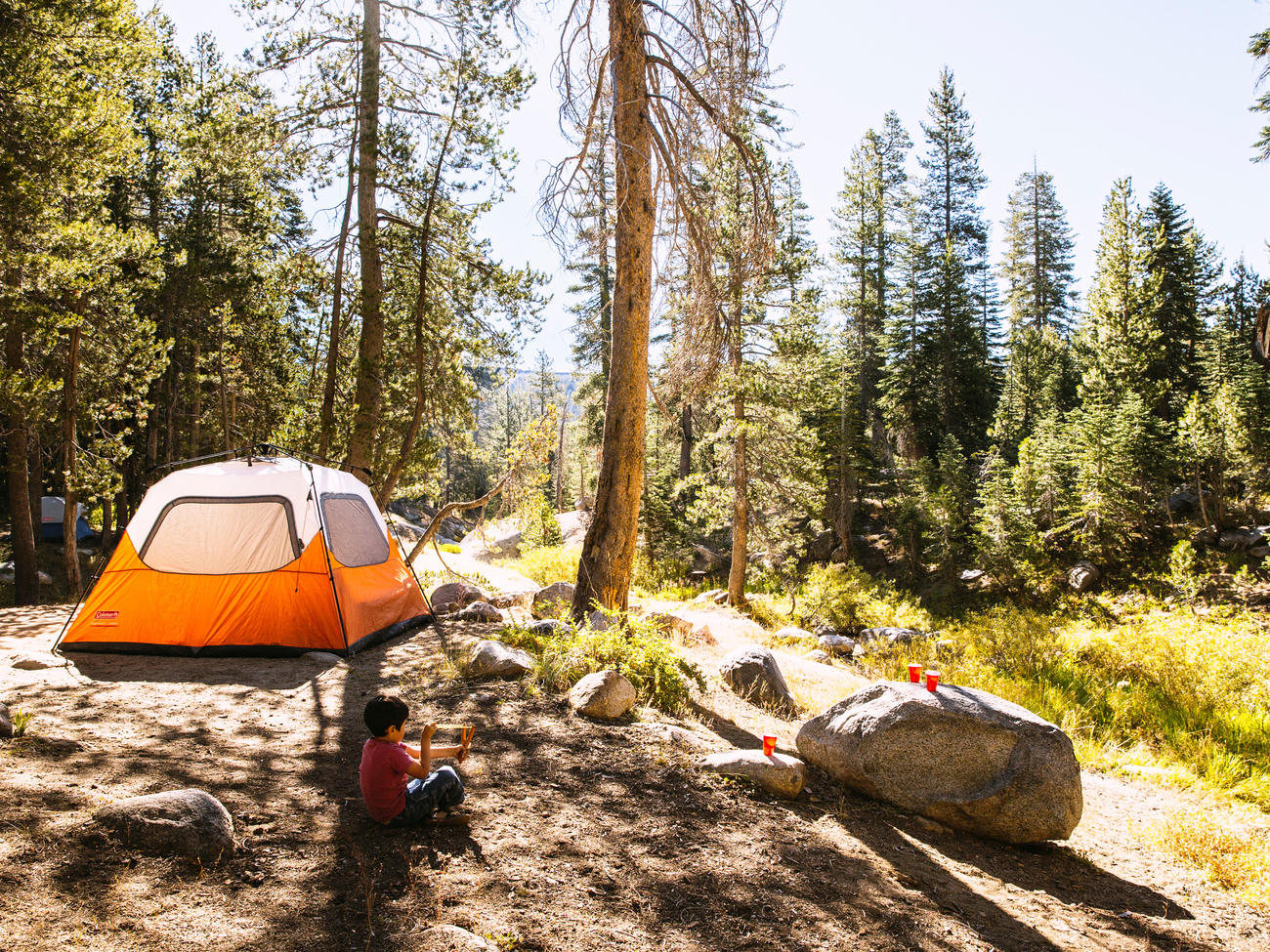
Create a Fire Hazard
Your campfire is just about out; it’s been reduced to gray embers and little wisps of smoke. Do you really need to make sure the embers are fully out? Nature should totally take its course there; you can just walk away.No, but really (and we can’t emphasize this enough): Yes, you really, really do need to make sure your fire is fully extinguished. Embers might appear to be out, but can potentially keep smoldering for days and if one bad gust of wind carries some of the lighter chunks adrift, a forest fire becomes all the more likely. Given how flammable the ever-dry West has been over the past few years, this is a serious matter. Use this handy guide to make sure your fire is out.
